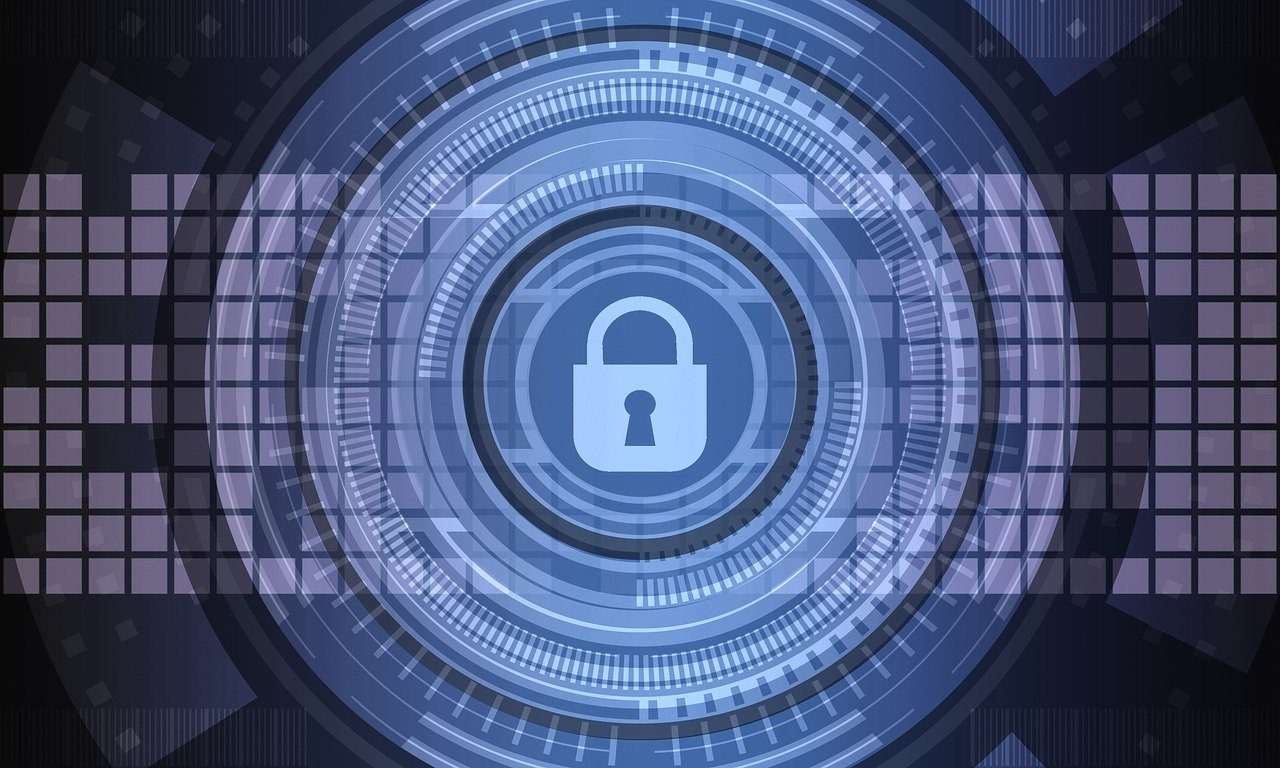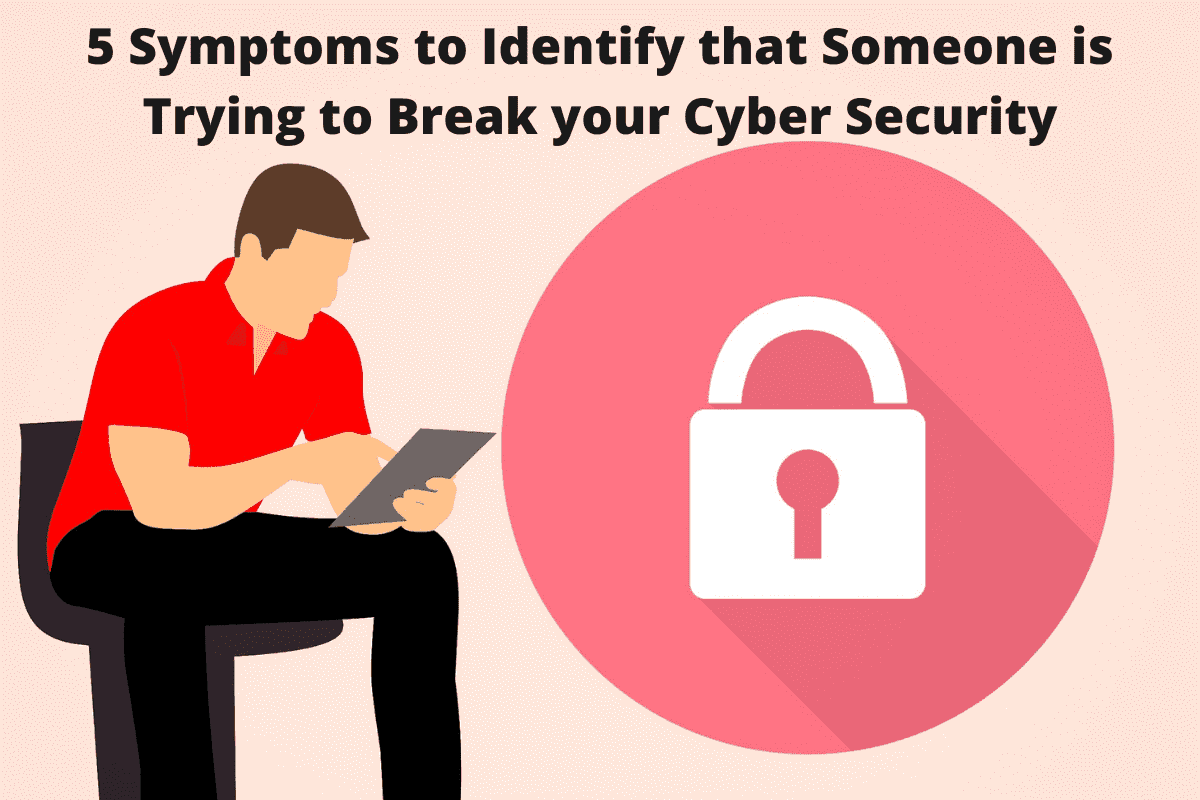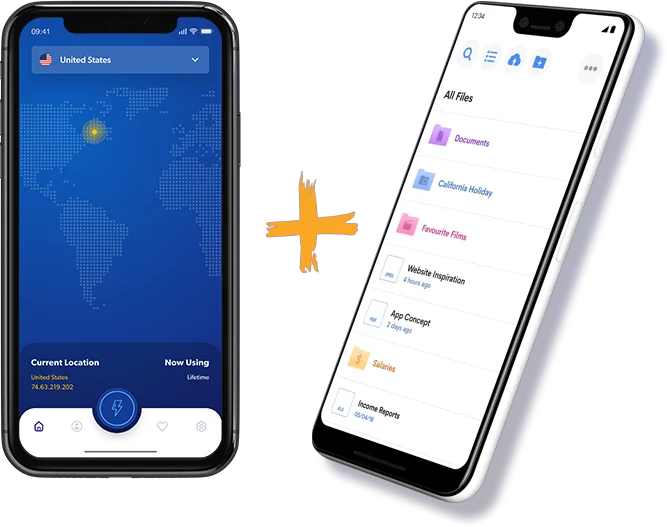
With more data miners springing up to monetize the huge data pool available in the 21st century, cybersecurity and privacy rights have become a common topic in mainstream media. The question of whether achieving complete privacy in the digital age is possible, pops up all the time. With governments of nations and top conglomerates accumulating data on just about any online habit of millions of people, it helps to stay alert and know how to protect yourself from being spied on.
Many people go about accepting cookies and ticking the privacy agreement boxes mindlessly, in their rush to get signed in to an application or a website. They do not know the implication of these simple and seemingly harmless actions, but there is an enormous volume of personal data stored on the internet these days. Amazingly, the conversation is often centered around, “don’t use an individual’s data without their consent or for malicious purposes” rather than, “why do we need to populate these personal pieces of information, in the first place?”
The digital market needs data to fly, it runs on data actually. And data is quickly establishing itself as the gold of the 21st century. For what we might refer to as ‘commercial convenience’, the obsessive data mining of today’s digital space is not going away soon. It is here to stay and individual and corporate internet users need to take responsibility to ensure their privacy.
Simple tips to enhance privacy on the internet
Believe it or not, you have different apps or device features that are set to constantly spy on you and your online habits. No one likes to be monitored at such close range even when the people watching are neither internet fraudsters nor hackers. If the degree of invasiveness caused by the desire to influence your buying decisions worries you, then these simple tips can help you enhance your privacy:
- Use a VPN: By using a VPN, you use one click to disable the ability of your Internet Service Provider to keep track of your online activities. What a secure VPN does is it renders your browsing information unreadable by encoding it. This is highly beneficial when you are connected to public Wi-Fi in hotels, airports, etc. Connecting to a VPN or installing a VPN extension for Google chrome unblocks websites, while providing private browsing and enhancing data security anytime.
- Don’t use outdated versions of softwares: The safest thing to do is to set your softwares to automatically update when newer versions are available. This is because malwares and other malicious activities take advantage of outdated versions of softwares which are ‘weaker’ and easier to break into.
- Share less information online: Only fill in asterisked boxes when filling out forms. If a website can do with just that basic info, do not check the rest of the boxes no matter how tempting it is. Leave all optional information blank. Also, turn off the location sensor on your device and while posting on social media. If a certain platform lets you conceal some of your personal details, jump on the opportunity.
- Up your password game: Passwords are like keys to various locks used to protect our private online ‘facilities’. Stop using common passwords like your date of birth or those with repetitive characters. In addition to using strong passwords, enable a two-way authentication for each app where possible and install a password manager to keep all saved passwords on your devices secured.
- Uninstall apps or delete browser extensions you no longer use: Anyone can get lazy about decluttering their digital space and let unused apps linger for months or even years on their device. Do you know that apps are also active when not in use? Some can spy on your internet activities, hence it is risky to just let the unused ones be. In fact, if you can always access the web-app versions, there is no need to download a mobile app. But if you must, download from credible sources like Apple Store or Google Play Store.
Is complete privacy possible in the digital age?
Two decades ago, Scott McNealy, Sun MicroSystems’ CEO, said “privacy is dead, deal with it”. One reason for this could be the privacy breach scandals around top companies such as Facebook, Zoom, and Strava, all in the recent past. Privacy encroachment is a thing but complete privacy is still possible to achieve in the digital age. With strict adherence to the tips above you can enjoy full privacy online.








